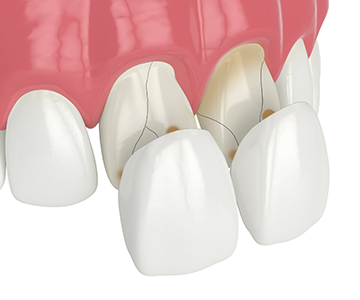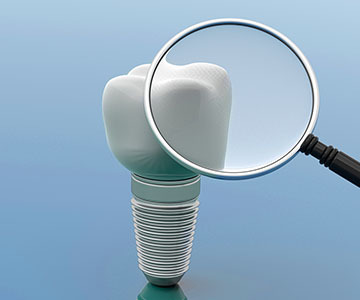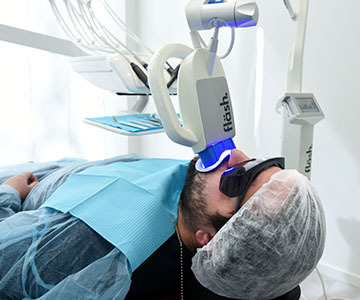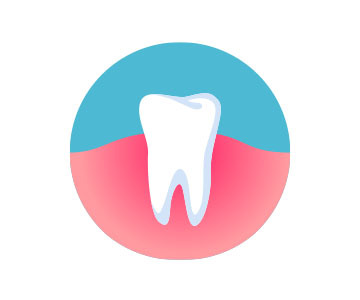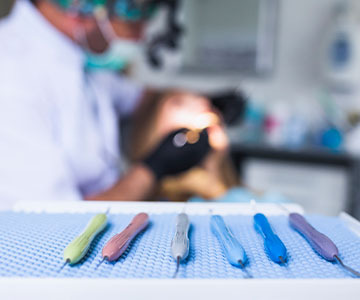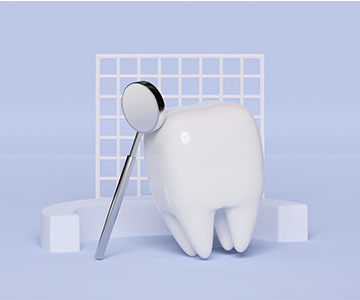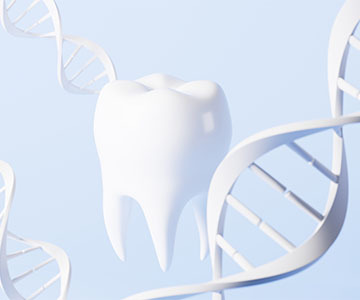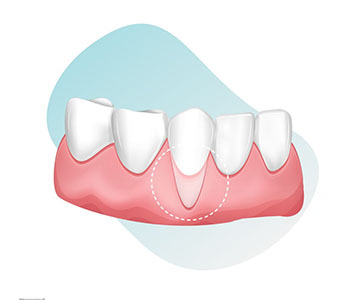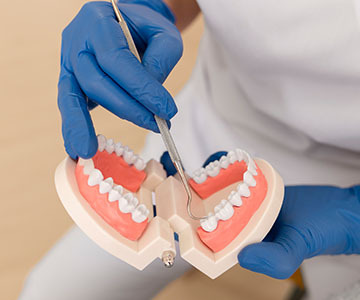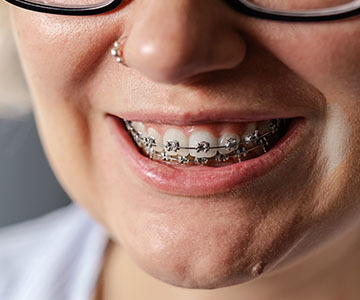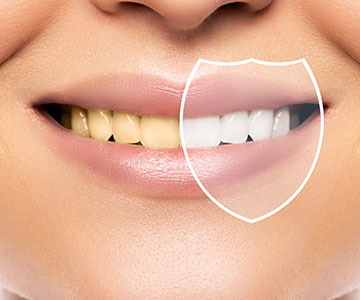What is veneering and what to know about this procedure.

Oral Health Problems and Diabetes
16 May 2022
Diabetes is a disease that adversely affects the human body, including the health of the oral cavity. Problems in the oral cavity are caused by a violation of carbohydrate balance, which later leads to disruption of protein and fat metabolism. The first sign of the disease is a change in oral health. Therefore, the dental indication of the ongoing processes in the body has a great importance, as it precedes the development of the overall clinical picture.
Which dental diseases is a patient with diabetes prone to
- Inflammation of the gums (gingivitis, periodontitis). In addition to impaired leukocyte function, diabetes causes the walls of blood vessels to thicken. As a result, the process of nutrient delivery and metabolism to tissues slows down. Due to these factors, the body's immunity decreases. The incidence of periodontal disease in diabetic patients reaches 90%. Periodontitis is one of the main causes of tooth loss and disruption of the jaw-tooth system. In addition, periodontal disease has a negative effect on the whole organism, because the infected saliva is constantly swallowed.
- Slow healing of tissues in the oral cavity. In patients who have diabetes and do not undergo medical treatment, there are often cases when the healing process is difficult after surgery or other dental procedures.
- Candidiasis of the oral cavity . Candidiasis is a fungal disease that often affects patients with diabetes who are taking antibiotics to fight various infections. Those patients are at high risk of developing fungal disease.
- Dry mouth. When the patient does not take the appropriate medication, he or she has a reduced secretion of saliva, which in turn causes dry mouth.
- Burning sensation in the mouth or tongue - This symptom is associated with a fungal infection of the mouth.
In addition, it should be noted that if a diabetic patient consumes tobacco regularly, the risk of developing the listed diseases increases by at least 20 times.
Diabetes is always accompanied by a violation of mineral metabolism, which in turn affects the condition of solid tissues in the body. The most solid tissue of the human body is tooth enamel. Tooth feeding takes place both in the oral cavity and in the microvascular circle. Disruption of mineral metabolism leads to the expulsion of calcium and subsequent fluoride from the body. When calcium and fluoride are low, the enamel becomes weak. The tooth easily absorbes acids secreted by bacteria and the risk of developing caries increases.
Choose your dentist right.
A visit to the dentist for patients with diabetes should be as regular as the one with an endocrinologist, which is why it is especially important to choose the right dentist. For example, the dentist should be aware that such patients have an increased sense of pain, they soon get tired, and their immunity is impaired. The dentist should be very careful and attentive when doing an implant for a diabetic patient. Of course, this does not mean that dental implants are not recommended for patients with diabetes. It all depends on how controllable the patient's blood sugar is. As for tooth extraction, for a patient with diabetes, tooth extraction should preferably be done in the morning, after taking insulin and after breakfast.
What should we consider when it comes to diabetes?
- A diabetic patient should schedule visits to the dentist regularly 3-4 times a year. The oral cavity should be inspected and professionally cleaned.
- Remineralization of teeth is recommended once in 6 months. There are different methods of remineralization. For example, various preparations are placed on the surface of the tooth.
In "Blits Dental - Kakhaber Kharebava dental clinic Tbilisi" you will meet a team of professionals who will take care of your Oral health and create a comfortable environment for you.
Dental diseases that you should pay special attention to.
The main goal of our clinic is to create a confident smile.
Non-alternative treatment method for adentia
Modern dentistry offers patients various methods of teeth cleaning and whitening.
Environmental factors that have an affect on our oral health and teeth.
Periodontitis is the most common dental disease.
Development of aesthetic dentistry till the 21st century.
Dental problems that are especially relevant in certain age groups.
The dental problems that are asymptomatic in the initial stages.
Gum problems caused by genetics and ways to solve them.
Causes and first symptoms of gingival recession.
What is gnathology and when should we consult a gnathologist?
New year - new smile
Tips for healthy teeth.
Full range of prosthodontic services.
Increased sensitivity of the teeth
A step-by-step guide to adult braces.
Teeth and general health.
Oral care tips for smokers.
